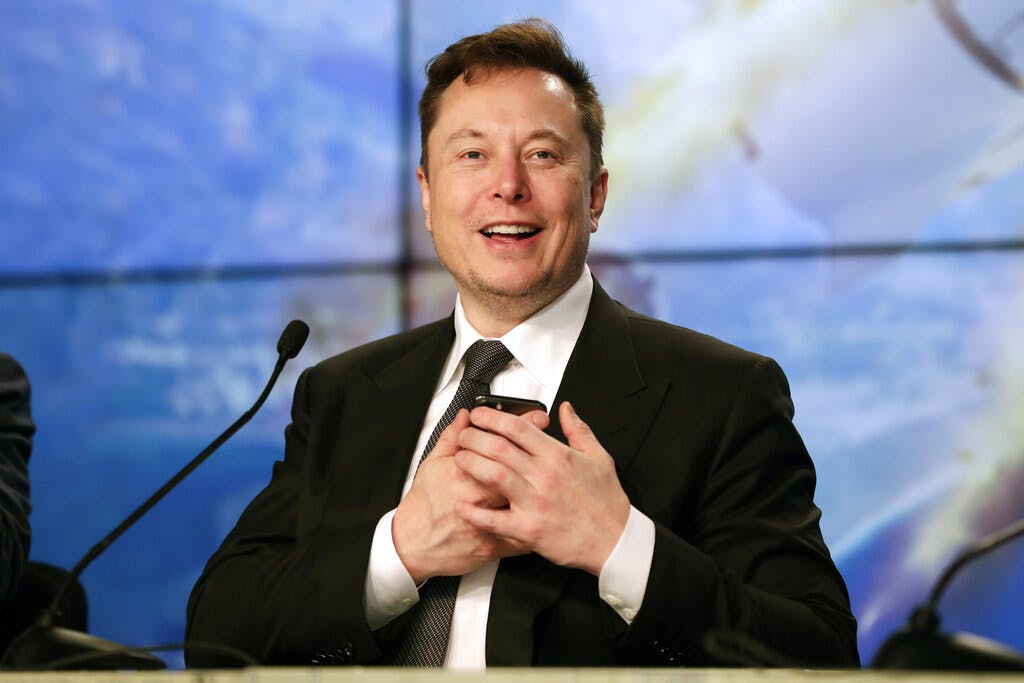Is Elon Musk Overpaid?
The even bigger question is who gets to decide. Hint: Should it be the government?

It’s a question that strikes at the heart of America’s system of free enterprise: whether salaries should be set by private companies or the government. That’s the crux of a dispute, now playing out in Delaware, where a judge is attempting to roll back a $56 billion compensation deal hammered out between Elon Musk and Tesla. The board, Chancellor Kathaleen St. Jude McCormick contends, failed to act “in the best interests of the Company.”
A “jaw dropper,” one analyst calls the ruling. “Never incorporate your company in the state of Delaware,” Mr. Musk, the world’s richest upright walking biped, warns on his own social media platform, X, in the wake of the ruling by Chancellor McCormick. He recommends “Nevada or Texas if you prefer shareholders to decide matters.” If the precedent set in the First State stands, after all, what state would be safe for corporate self-rule?
Chancellor McCormick appears to grasp the stakes in the dispute, conceding her decision “dares,” as she herself puts it, to “boldly go where no man has gone before” — per “Star Trek” — or “at least where no Delaware court has tread.” She acknowledges setting wages is a “quintessential business determination subject to great judicial deference.” Yet, faced with a Tesla shareholder’s complaint she takes it upon herself to weigh the “fairness” of Mr. Musk’s pay.
The compensation, decided in 2018, when Tesla’s market value was some $59 billion, agreed to award Mr. Musk lavish benefits if the company met certain performance benchmarks, the Financial Times reports. The plan was to give Mr. Musk 25 percent of the company if the firm grew by ten times over ten years. If it failed to grow, he would receive nothing. “Many saw it as fanciful,” the FT says. Yet Mr. Musk not only met the ten-times target, he exceeded it.
An investor who put $1,000 into Tesla stock when Mr. Musk’s pay deal was inked, financial news site Benzinga observes, would have some $7,768 today — “a potential return of 676.8% over the last six years.” So it’s hard to fathom what so disgruntled the shareholder in this case. That’s not to say Mr. Musk is universally beloved. Fortune just released the results of its survey of CEOS, and the Tesla chief was ranked by his peers as the country’s “most overrated.”
On that head, Chancellor McCormick suggests that Tesla’s board was “perhaps starry eyed by Musk’s superstar appeal” and thus failed to consider what she calls “the $55.8 question,” namely, whether the salary was “even necessary for Tesla to retain Musk and achieve its goals?” She cavils that Mr. Musk’s compensation was “250 times larger” than his peers. Yet what business is it of a state judge to interfere in the decisions of Tesla’s duly-elected board?
After all, as the Wall Street Journal reports, Chancellor McCormick appears to have overlooked “the fact that 73% of shareholders, excluding Musk and his brother Kimbal Musk,” agreed to the deal in the first place. More broadly, the judge’s second-guessing calls to mind the grousing about income equality by the ilk of Senator Warren, who says richest Americans have “gobbled up a massive amount of the wealth American workers have produced.”
In Ms. Warren’s argument, “the middle class has been hollowed out” because of the success of the wealthiest Americans, suggesting that the wealth of corporate innovators like Mr. Musk comes at the expense of others. This overlooks the insight grasped by visionaries like Ronald Reagan, who saw that economic growth benefited all Americans, and JFK, who promoted tax cuts on the top income brackets because, to coin a phrase, “a rising tide lifts all electric boats.”

